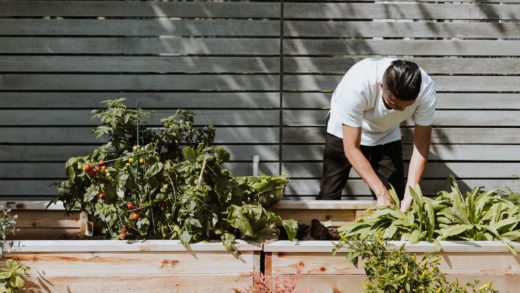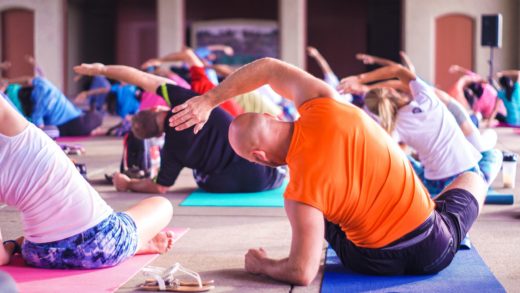The Importance of Resilience in Overcoming Trauma in Brisbane
In an interview with Chris Lengyel of Help Me PTSD, Melissa and I discuss the importance of resilience in sustainable trauma or PTSD recovery.
The key to sustainable recovery — rubber-meets-the-road, everyday, working-out-your-stuff — is what I describe as an attitude toward life. It’s that willingness to get up and go again one more time.
Merriam-Webster says it like this:
re·sil·ience| rəˈzilyəns | (also resiliency) noun
1 the capability of a strained body to recover its size and shape after deformation caused especially by compressive stress
2 an ability to recover from or adjust easily to misfortune or change
Is Resilience a Skill that can be Learned?
According to the American Psychological Association, resilience is absolutely a skill that can be learned. You can develop your own resilience over time, the way you build muscles over time at the gym.
Here is a summary of the steps you can take to build resilience. If you want more, be sure to check out the full APA article here.
Building Resilience:
- Make Connections – One of the most important factors in building resilience in your life is to have a strong support network. You can do this by prioritizing healthy relationships and even joining groups like civic or religious organizations.
- Foster Wellness – This means taking care of your body, practicing mindfulness or meditation, avoiding negative outlets like drugs or alcohol, and other forms of self-care.
- Find Purpose – Focus on helping others, being proactive in managing yourself, moving toward your goals and looking for opportunities of self-discovery. Sometimes finding ways to get out of your own head really helps.
- Embrace Healthy Thoughts – I talk about this one a lot in #dealwithit: living well with ptsd. You are what you think about–there’s no getting around it.
- Seek Help – The most successful people get coaching and training when they are learning something new or want to improve in an area. Who around you can help you in your “resilience project?” Or can I help you? Book a free introductory coaching session with me here.


